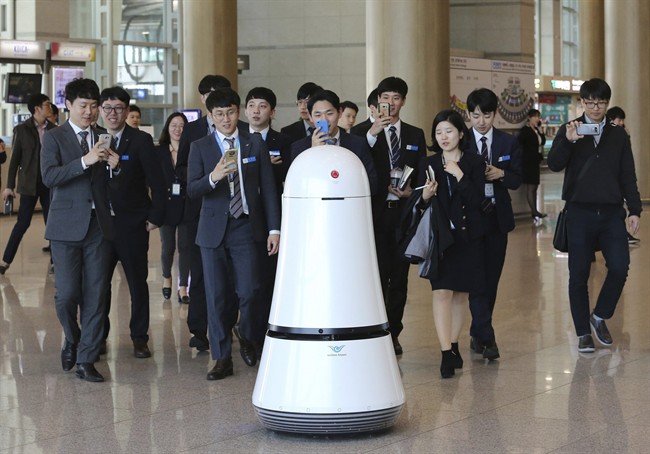With ever-advancing technologies and artificial intelligence creeping into the workforce, job security for current and future generations has never been more worrying. Economic instabilities have shown just how quickly some industries can boom and others perish. So how is British Columbia’s job market going to evolve and what do we do to help workers get the best possible employment opportunities in the future?

Disruption. It’s one of the Silicon Valley buzzwords that excites venture capitalists, but can send chills down the spine of established industries.
It’s also got some labour market analysts watching closely, as automation and artificial intelligence begin to shave away at what were traditionally human jobs.

Get breaking National news
LISTEN: 3D printed organs and the future of health care
Some extreme estimates suggest as much as 40 per cent of the work done by people now could be taken over by machines in the 2020s. So should we be worried?
In this installment of the Future of Work series, we speak with Michael Chui, lead researcher on the impact of information technologies and innovation at the McKinsey Global Institute who has closely studied this topic.
LISTEN: How medical drones are changing the roles of first responders
Chui says that we are definitely going to see big changes in the coming years. But he argues humans have seen major revolutions like this before, yet we’ve always managed to adjust and find new jobs to replace those that machines have occupied.
LISTEN: Do disruptive technologies mean robots are coming to take your job?









Comments